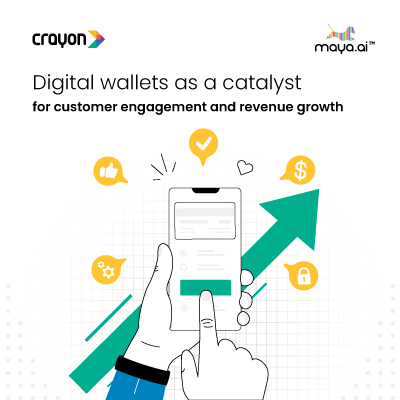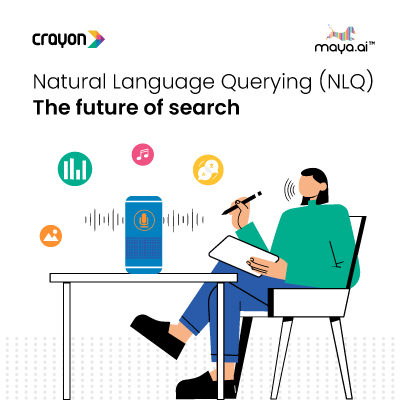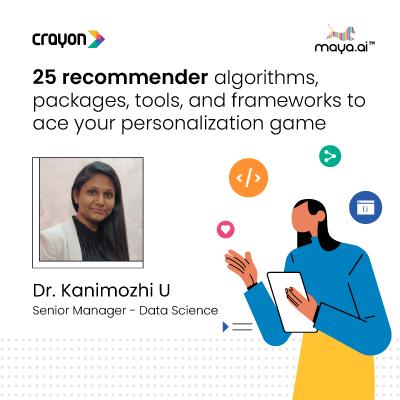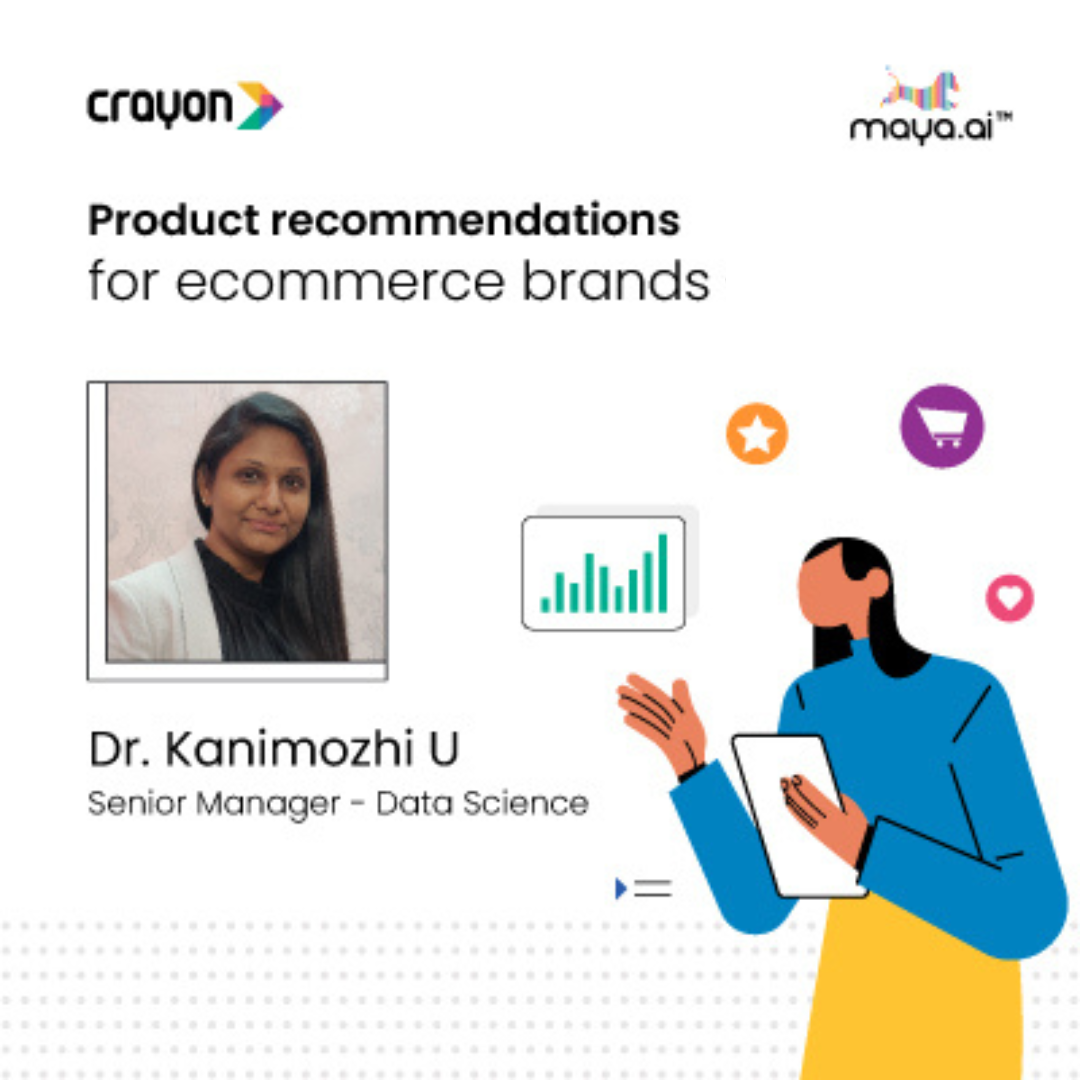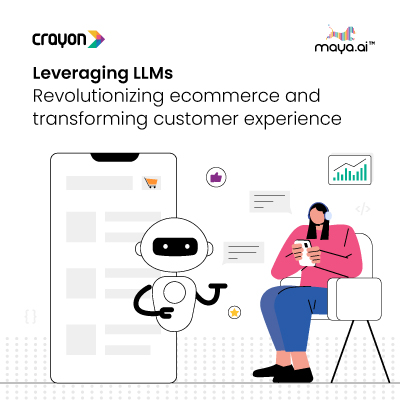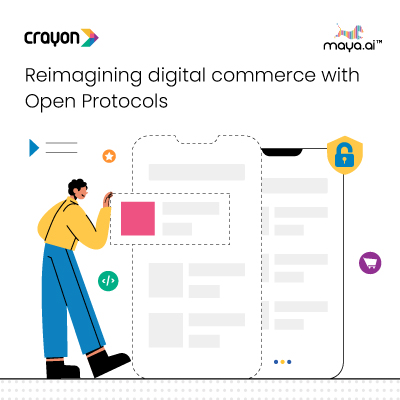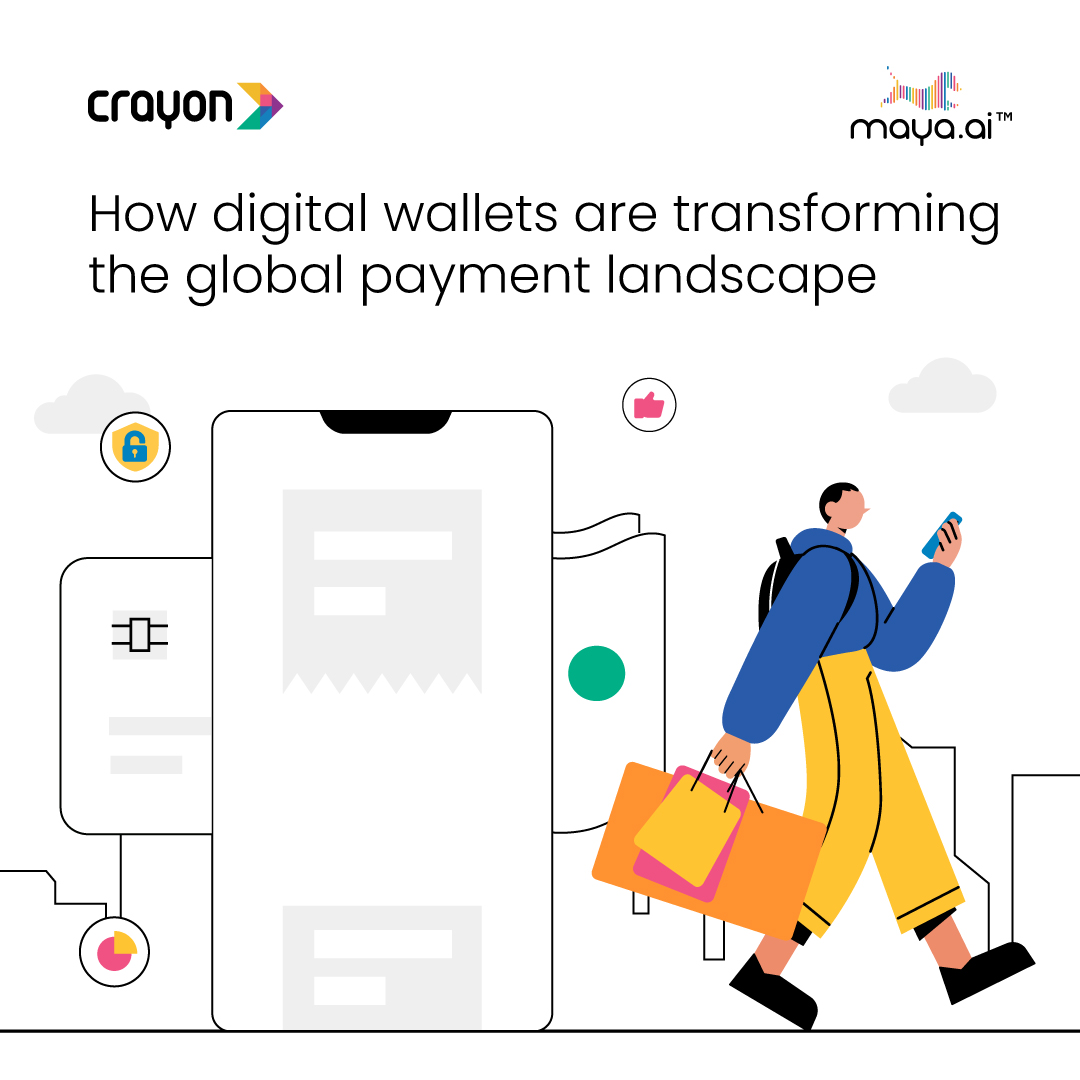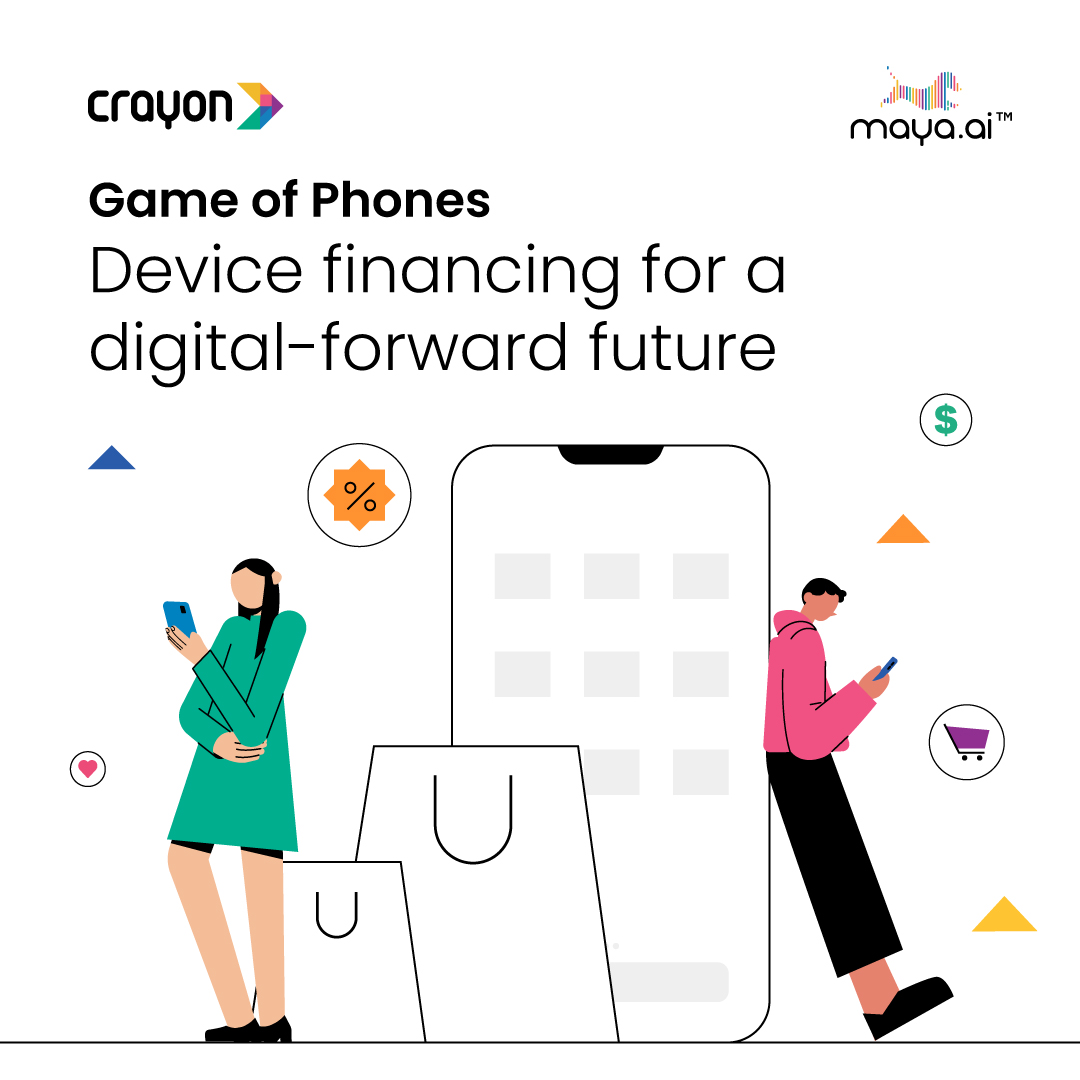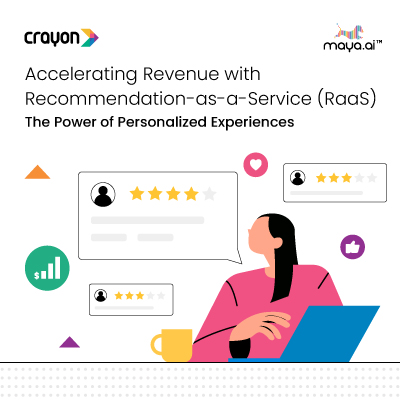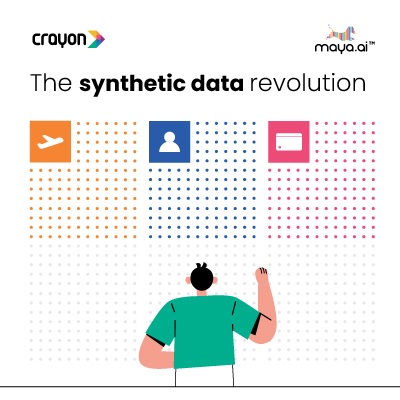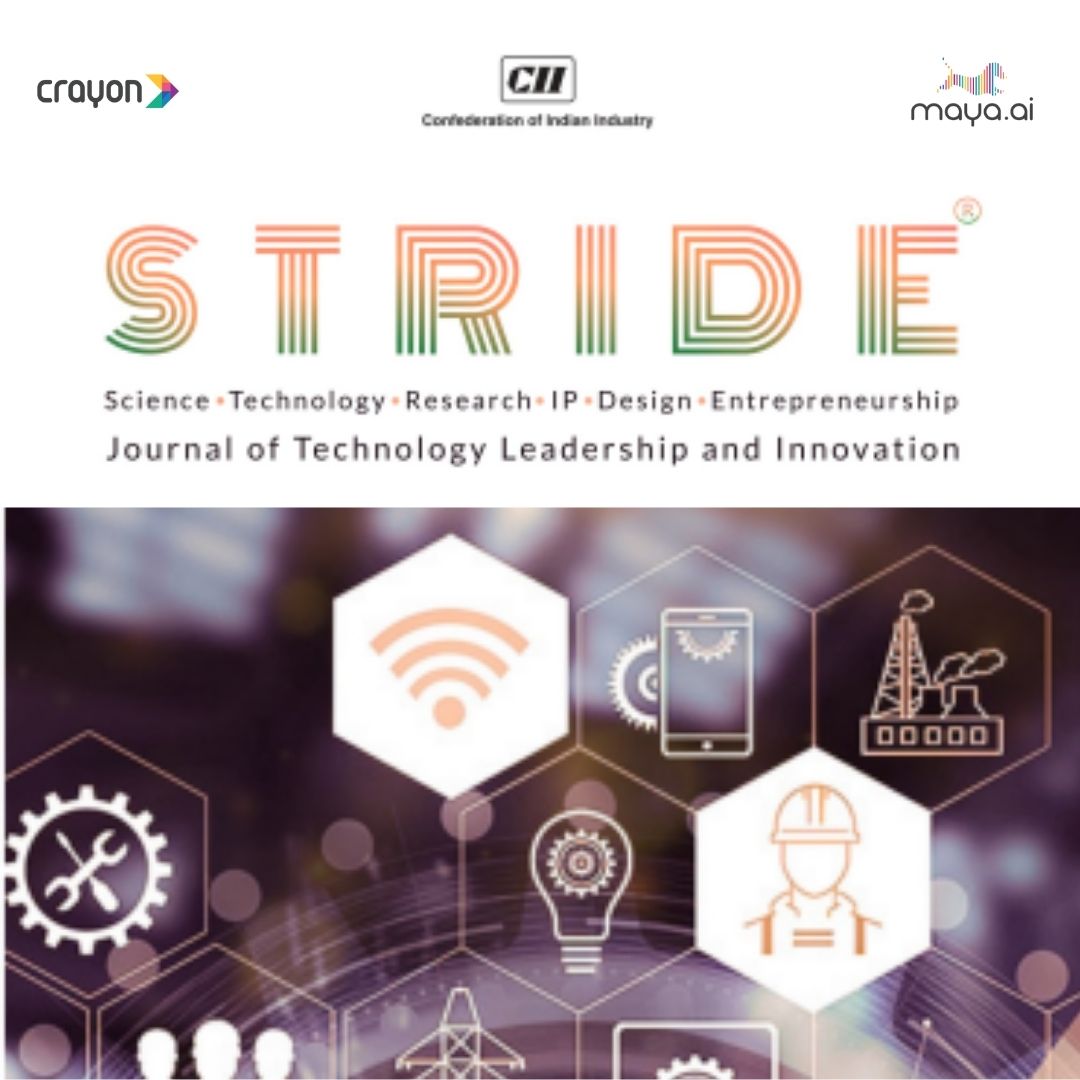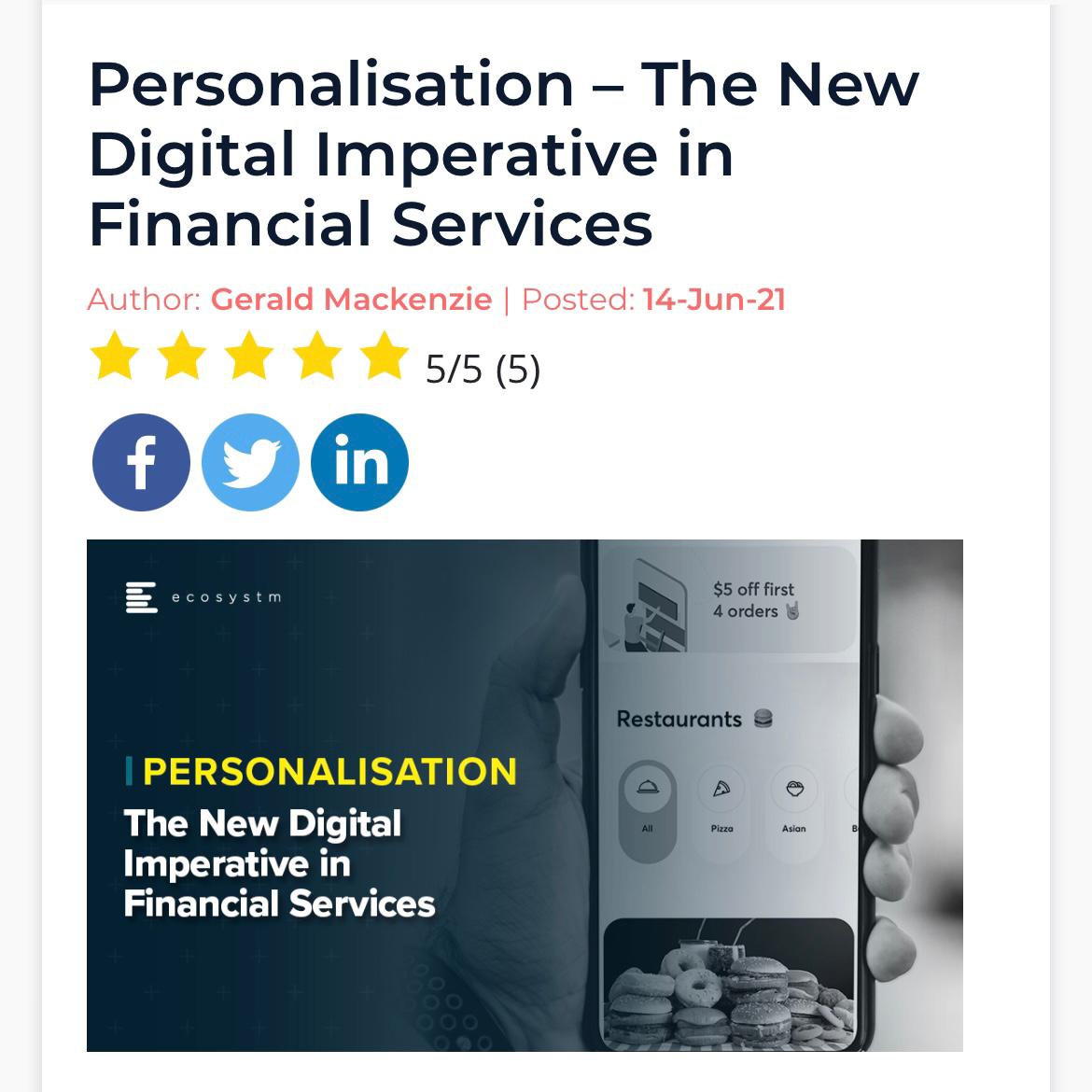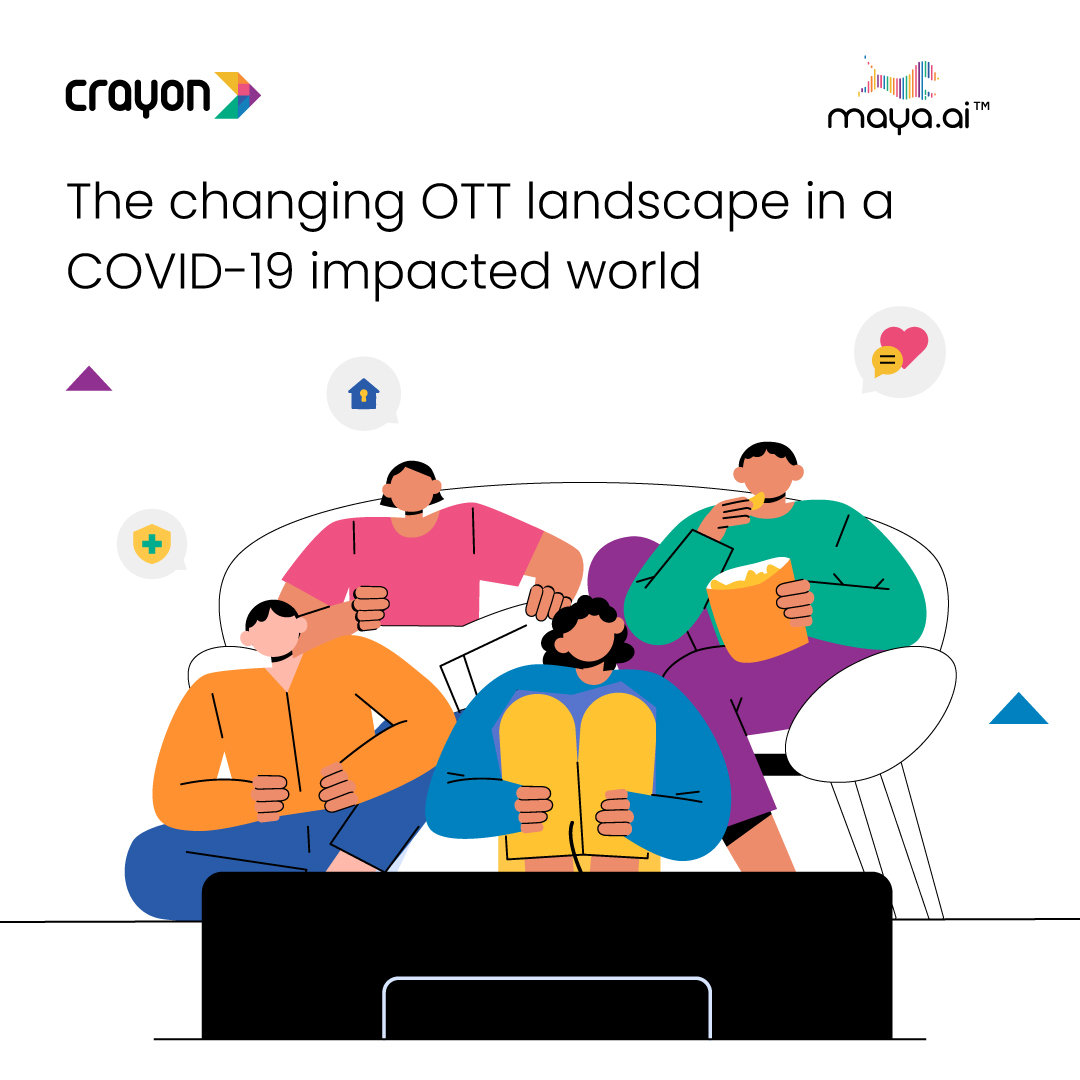While it is still quite early to foretell the implications of India’s tryst with GST, there is an all pervasive air of concern in the hospitality industry regarding the same. At this very crucial juncture we will cautiously analyse how the hospitality industry aspires to take personalization to the next level.
Personalized suggestions with the aid of technology have become an integral part of modern life. Yet, the hospitality industry is still grappling to comprehend the kind of radical insurgence that technological advancements have made in the recent years. While a large horde of hotels live by the one-size-fits-all mantra, an increasing number of hotels, especially the more famous hotel groups, still find themselves increasingly drawn to the affair of collating customer data, through various means, to cater to diverse customer preferences in their bigger pursuit for heightened customer satisfaction, better profit margins and rapid expansion plans.
Information regarding the preference of room type, favourite food and beverages, amenities required during stay, type of car, any allergies to certain types of food, etc are invaluable for hoteliers. Subhankar Bose, Resident Manager, JW Marriott Bengaluru, says, “Knowledge about our guests is of paramount importance to us and hence we spend a lot of time in knowing about them, their preferences, likes and dislikes. We focus immensely on interacting with guests to personalise their experience. In this process we gather information and details about preferences which are updated in our property management system for future use and improve guest loyalty.”
For many years, then notion of delivering differentiated services seemed like a distant dream for hoteliers. But now with the umpteen number of customer interaction technologies at play, it is possible to get a clear insight about your customer choices to a great extent. From providing personalized check-in options to customized pricing models or even their preferred mode of communication (texts, emails, social media, phone calls etc.) will take customer experience to greater heights. Such unprecedented technological advancements have made it possible to do the guesswork from large amounts of data which will in turn help us understand the key variables for huge segments of customer data. Keeping the pace with this modern transformation is now quintessential for retaining customer base in the competitive world. On the contrary, customers are realistically cynical about the irresponsible use and possible abuse of their personal data.
Ashish Vohra, CEO & Founder Justa Hotels and Resorts says that technology has now become an integral tool in helping hotels and their employees seamlessly share information about guests, their preferences and whereabouts in the premises of the hotel. However, technology will still remain a tool as the hospitality industry is still going to be dependent on human interaction to provide the sensitivity demanded while dealing with guests. According to him, “The captured information in the central databases is more valuable to chain hotels in cases where the guest is also a visitor to the other hotels in the chain. With the advent of Artificial Intelligence, tools are now available to target guests to market and cross-sell our other hotels and thereby increasing customer loyalty and repeat customers.”
Guests today expect an increasingly personalized hotel stay, which justifies the expenditure. According to Raviraj Guruju, Executive Chef, Novotel Imagica Khopoli, “We all know the impact of personalized service from our own experiences. Who doesn’t enjoy being treated special! Apart from attracting new guests, hotels must focus on retaining the existing ones. Hotel staff should be trained on how to handle crisis, resolve issues professionally, and most importantly not just satisfy but delight the guests.”
Crayon Data, one of Asia’s fastest growing big data companies works directly with several leading organizations to help them understand customer preferences better. Their flagship product MayaTM, is a personalization engine that facilitates choice delivery for the banking, hotel, and digital media verticals. Companies like Crayon Data, provide hotels with the ability to provide highly personalised, curated experiences and services to their customers. According to Vikram Rao, CEO, Crayon Data, “Personalization is the future of customer engagement”; it being one of the most discussed topics within the hospitality industry. Vikram elaborates, “Crayon’s Maya enables data-led personalization, right across a guest’s journey, from the time of check-in to post check-out, Maya captures preferences and suggests value based services based on guest profiles. Maya also combines internal and external data sets and has the ability to personalise experiences using behaviour not identity. All while meeting stringent data privacy standards.”
Hoteliers are constantly on the lookout for ways to enhance the customer perception of their brands and one of the ways to augment customer experience is by offering unique, personalized, memorable experiences to your clients. In the opinion of Ashish, personalization starts right from the time when the guest books with the hotel. He explains, “Our teams reach out to the guest to ensure that the arrival to the hotel is smooth and easy as well as a dedicated person ensures a smooth check in and escorting to the room explaining information that is relevant to the guest. During these interactions, the team member makes an effort to engage the guest in a conversation where some relevant information like mentioned in the above points are noted and shared with the relevant departments. This engagement is attempted at every available opportunity without invading the privacy of the guest. The objective is to be able to proactively anticipate and meet the guest’s expectation without him or her having to ask for it.”
The sustained need for standardization of processes and the need to offer varied, unique experiences that live up to or even exceed customer expectations, is often conflicting. Nevertheless, understanding client preferences might be a key factor that sets apart one hotel from the other and has therefore become imperative for hoteliers to identify customer preferences to retain customer loyalty and increase brand recall value. Commenting about why personalization is paramount in the hospitality industry Ashish says,“In our hotels, we train and encourage our teams to treat every single guest as an individual and not another ‘room number’. Each guest has a unique identity and personal preferences, which we acknowledge. We try and align our services to these preferences of the guest within the framework of our processes. Guests like this personalized attention they get as it introduces an intangible value and experience to their stay with us.”
Kailash Gundupalli, Executive Chef, Novotel Mumbai Juhu Beach talks about personalization in terms of food preferences, being an important aspect of enhancing the customer’s overall experience during the stay. According to him, “As a chef, for me personalization in the hospitality industry means anticipating the guest’s needs in terms of food preference. With more and more guests being conscious of their diet, they prefer the healthier choices in the menu. When it comes to personalization of food, it is a challenging task as each guest is different with a distinct palate preference. It is my responsibility to understand my guest’s appetite and accordingly curate an experience for them. At Novotel Mumbai Juhu Beach, the kitchen department makes a guest preference list for their own reference and follow it austerely. To escalate the personalization experience for our patrons, I have specially designated separate chefs to different guests in order to enhance their dining experience with us.”
However in many circumstances, many hoteliers, despite the genuine inclination to rise above their customer expectations by providing personalized services; have to wilfully succumb to the need for reducing costs. Ashish is of the opinion that their well defined and time tested standard operating procedures to which all employees have to adhere to as well as the fact that Justa operates limited inventory hotels, enable them to seamlessly and efficiently achieve their set objectives thereby providing better services than their competitors. At the same time, this unique MO also keeps their services exclusive. He elaborates the point by saying, “Our feedback management system, both internal and online is quite robust and critical to our business. Information gathered from these processes, forms the basis of our trainings to our teams across the chain in identifying opportunities and enhancing our service levels. Uniformity of services is maintained across the company. Guest satisfaction scores forms a major part of every employees’ KRA and this is periodically measured.”
Again, what puts hoteliers in quandary is that in many instances despite their best efforts, consumers may not see any difference between their offerings and that of others or their message might get distorted in the cacophony of digital noises. Also it is pertinent to note that a convenience to one customer will be an inconvenience to another customer. Hoteliers have to constantly re-evaluate their standards of services to ensure that all clients are satisfied. Ashish remarks, “Just like the proverb, all fingers are not the same, likewise, every guest has a unique personality and expectation. There is no fool-proof mechanism or process to ensure 100% guest satisfaction. There is bound to be some challenges in being able to achieve this. However, with the focus being on the right approach to understand each guest as per their own expectations and then aligning our efforts to meet them, definitely goes a long way in ensuring controlled services within the ambit of the framework and not over-stepping the line. Communication and engaging with sensitivity is also the basis of ensuring that we do not trigger any undesired experience to our guests. Our management considers guest experiences as pivotal to our existence and as such has a very extensive approach to managing this part of the business.”
Despite the nagging fear of wasted efforts, lesser profits margins; gaining better understanding about customer preferences will in turn translate into services meant to delight and please consumers. Nonetheless Raviraj confidently says, “ Loyalty to hotels is facing a period of dramatic change, driven by travelers and explorers that want to venture in the quest of a better experience. Personalization in hospitality means wallowing them to ensure that they revisit the experience and portray themselves as ambassadors of the hotel. At Novotel Imagica Khopoli, we leave no stones unturned in taking this ahead to ensure that the guest is allured and amazed. Room amenities to personal preferences we create customized engagements to offer a comfortable stay to our patrons. There would always be infinite requests of varied nature coming up. Interaction is the key to the success of creating memorable moments and ensures that at the finale we have a very satisfied, happy and charmed but most importantly loyal clientele”
The effective usage of technology will enable hoteliers to transcend the divide between general assumptions and authentic information so that they can reach more coherent conclusions and therefore enable them to take informed decision. The hospitality industry anticipates more personalization options in future. For instance, apart from the preferred communication mode, the standard check-in procedures will also become more advanced with guests gaining the access to information about the available room size, bed styles, price rates and also the technologies, present inside hotel room. Many guests also have a predilection towards a home-like environment in their accommodation. In the case of corporate tourists with hectic schedules, their preference remains on a comfortable stay with good bedding to enjoy a relaxing sleep at night rather than heavily adorned interiors or furniture. Another way of improving the guest experience is by integrating more customised in-room entertainment units and facilities. After performing several activities, the guests like to unwind them, while staying inside their room. Access to different TV channels, based on customer preferences and availability of many mobile apps that offer seamless hotel bookings or even personalized dining options are some of the ways that hoteliers seek to personalize hospitality services.
Suraj Kumar Jha, General Manager, Holiday Inn Mumbai International Airport, talks about how technological advancements have contributed to the rise in revenues. He says, “In a broad sense, it has empowered our guests by giving them tools to make informed dining decisions, sensitize themselves about global cuisines, share their most memorable stay experiences with their close ones, and most significantly for us, provide multiple mediums of communication to reach us and share their thoughts, queries and feedback.” “Social media has helped foster a new generation of travelers who are just as passionate about connecting their networks to their favorite holiday destinations, as they are about experiencing new, adventurous experiences. Platforms like Instagram and blogs have developed a string of bloggers who have become authorities and influencers, ‘social media celebs’, in their own right, with a respectable follower count. Hotels across the world leverage these networks and influencers to reach out to their target audiences, while communicating in a more personalized, human tone, using simple forms of media”, he adds.
Though many hoteliers consider the process of identifying customer data as problematic, it can be effectively accomplished through the usage of technology. Because a majority of users actively engage with digital media, technology can help decode and decipher the personalities and preferences of users. From his many years of expertise Subhankar observes, “Technology helps us in providing the infrastructure to store information systematically and again easily retrieving them as and when required. It also helps in providing reminders, alerts and pop ups and assists us in executing a great guest experience.”
Vikram explains, “In the pursuit of personalisation, Artificial Intelligence and Big Data technologies like machine learning are being adopted across industries. If hotels equip themselves with the right technology/analytics partners, they can unearth patterns and insights from how and what choices travelers make. And use that data, to customize experiences and offers of relevance for their guests. Crayon uses an algorithmic approach that allows automated analysis, at scale.”
When quizzed about how personalization can be taken to the next level using technology, Vikram says, “Crayon’s 2 patents are instrumental in making the shift from personalization to ultra-personalization. Our TasteGraphTM is a unique map of the world’s tastes, with billions of data points on consumer lifestyles. And our ChoiceAI, is an algorithm that mixes internal enterprise behavior data with external internet taste and social influence data sets. These power MayaTM, and result in highly relevant conversations between hotels and their guests. It is no secret that customer satisfaction scores high when conversations are relevant and personalised. Maya is the world’s only taste-driven choice engine, delivering digital personal experiences, centred around each customer’s taste. This allows hoteliers to offer highly relevant and customised services to customers, at an individual level. Maya uses machine learning which, along with satisfaction, records dissatisfaction of customers as well. Learning algorithms, take into consideration likes as well as dislikes. This enables hotels to tailor personalised offerings for each guest.”
This article originally appeared on Voyagers World.

Why vector databases are key to enhanced AI and data analysis
In a...
